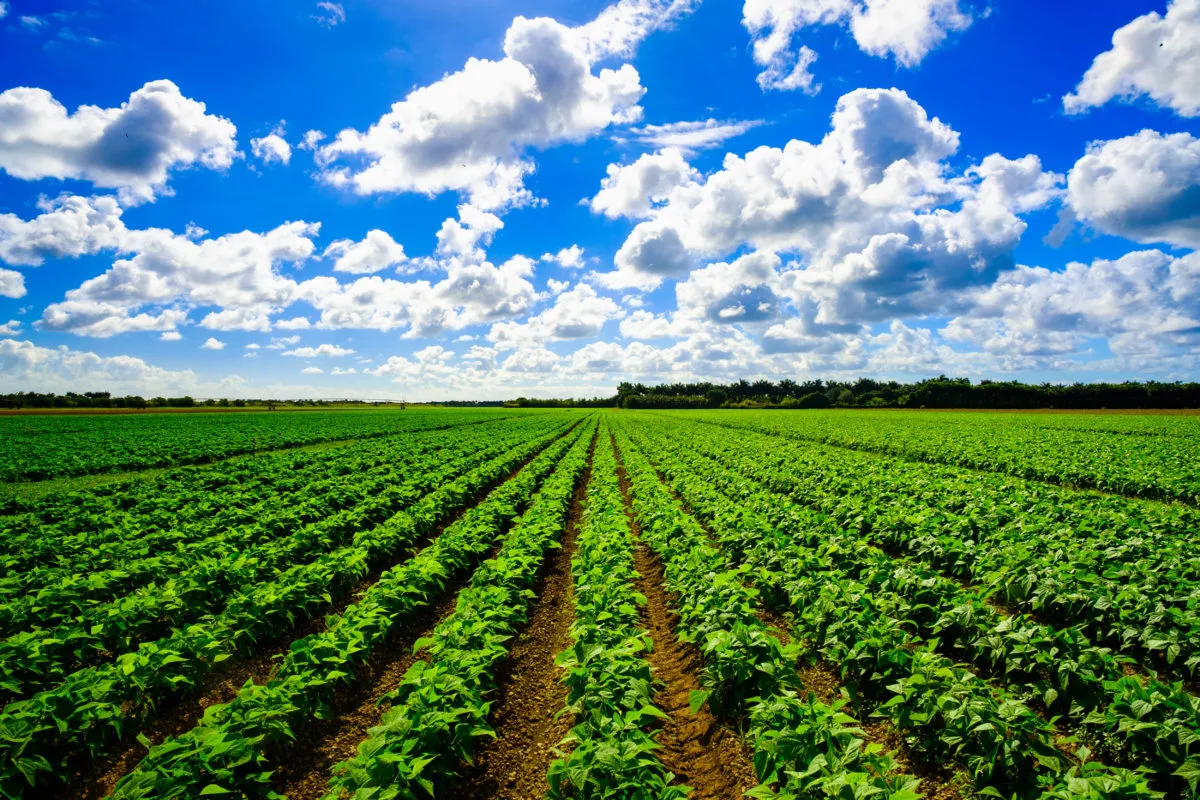
Agriculture refers to the practice of cultivating the land to produce crops, livestock, or other products that can be consumed or used for other purposes. It involves a wide range of activities, including planting, harvesting, irrigation, fertilization, pest management, and Animal husbandry.
Agriculture has been an essential part of human civilization for thousands of years, providing food, fiber, and other raw materials that are necessary for human survival and well-being. Over time, agriculture has evolved to include new technologies, techniques, and practices that have improved efficiency, productivity, and sustainability.
There are several types of agriculture, including:
- Subsistence: This type of agriculture is focused on producing enough food to meet the basic needs of the farmer and their family. It is often practiced in developing countries or in areas where access to markets is limited.
- Commercial: This type of agriculture is focused on producing crops or livestock for sale in markets. It is often practiced in developed countries or in areas where there is access to a stable market.
- Organic: This type of agriculture is focused on producing crops and livestock without the use of synthetic fertilizers, pesticides, or genetically modified organisms. It is often practiced by farmers who are concerned about the environmental and health impacts of conventional farming practices.
- Permaculture: This type of agriculture is focused on creating sustainable and self-sufficient ecosystems that mimic natural ecosystems. It involves the use of perennial plants, polycultures, and other techniques to create a diverse and resilient agricultural system.
- Agroforestry: This type of agriculture involves integrating trees into agricultural landscapes to provide shade, improve soil health, and create habitat for wildlife. It is often practiced in areas where there is a need to restore degraded land or improve the resilience of agricultural systems.
Agriculture has many benefits, including:
- Food security: Agriculture provides food for human consumption, which is essential for human survival.
- Economic growth: Agriculture can provide income and employment opportunities for farmers and rural communities.
- Environmental protection: Agriculture can help to protect the environment by preserving natural habitats, improving soil health, and reducing the use of synthetic fertilizers and pesticides.
- Rural development: Agriculture can help to support rural development by providing access to basic services, such as healthcare and education, and by promoting community development initiatives.
- Cultural heritage: Agriculture can help to preserve cultural heritage by maintaining traditional farming practices and promoting the use of local crop and animal varieties.
In the tapestry of human existence, agriculture emerges as a vibrant thread, woven with the stories of survival, innovation, and our deep connection to the land. It's the practice of cultivating plants and raising animals for food, fiber, and other useful products, a fundamental pillar of civilization since the dawn of humankind.
But agriculture is more than just rows of crops and bleating livestock. It consists of:
- Ecology: Understanding and working with soil health, water resources, and natural ecosystems to ensure sustainable production.
- Science: Applying technological advancements and agricultural science to improve yield, fight pests, and optimize growing conditions.
- Economics: Navigating markets, managing resources, and ensuring the economic viability of farming.
- Culture: Reflecting and shaping traditions, food systems, and the very fabric of societies around the world.
Here are some key aspects of agriculture:
- Crop production: Farming a diverse range of plants like grains, fruits, vegetables, and legumes for food, feed, and industrial uses.
- Animal husbandry: Raising livestock like cattle, pigs, poultry, and fish for meat, dairy, eggs, and other products.
- Apiculture: The intricate world of beekeeping, nurturing these vital pollinators and harvesting honey and other bee products.
- Forestry: Managing and sustainably utilizing forests for timber, fuel, and preserving ecological balance.
Agriculture's impact reaches far beyond our plates. It:
- Provides food security: Feeding billions of people around the world, a constant challenge as populations grow and resources need to be managed sustainably.
- Fosters rural communities: Supporting livelihoods and shaping the social fabric of rural areas, impacting cultural identities and traditions.
- Drives economic development: Contributing to economic growth through job creation, trade, and the production of raw materials for various industries.
- Shapes the environment: Agriculture practices can impact soil health, water resources, and biodiversity, highlighting the need for sustainable farming methods.
With advancements in technology, precision agriculture, and vertical farming, we can:
- Increase food production: To meet the needs of a growing global population while minimizing environmental impact.
- Optimize resource use: Conserve water, reduce fertilizer and pesticide use, and utilize renewable energy sources.
- Personalize food choices: Grow diverse crops and develop sustainable aquaculture to cater to dietary preferences and health needs.
